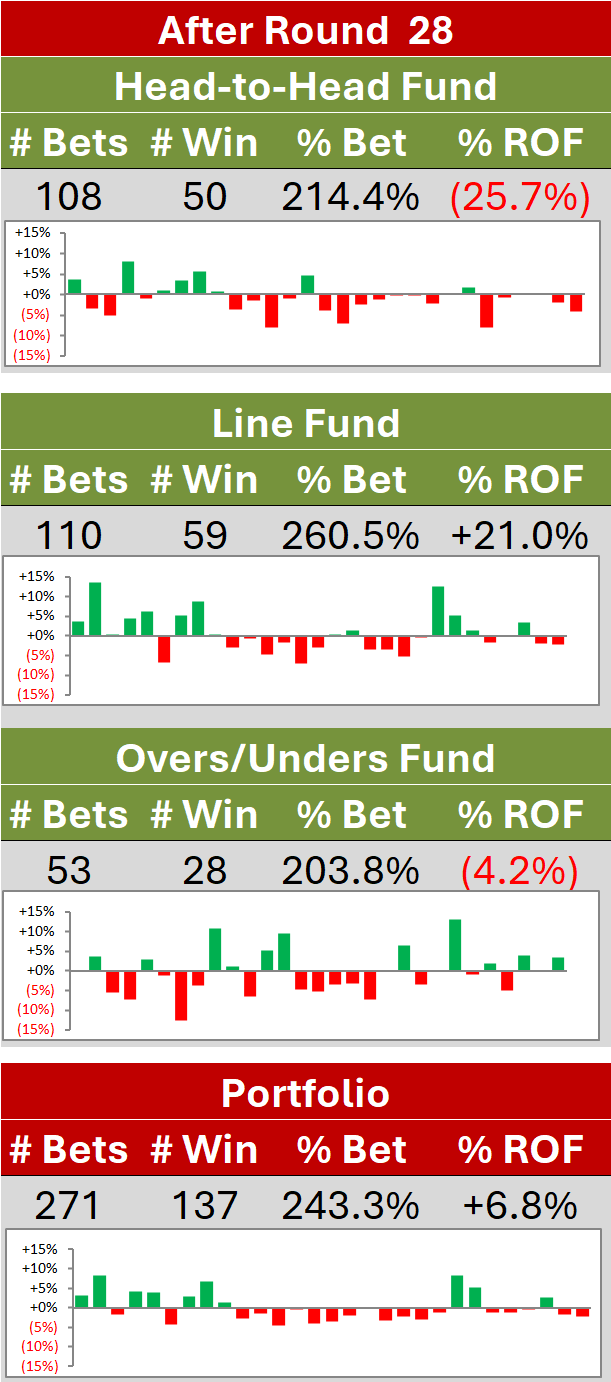Scoring Catenation: An Alternative Measure of Momentum
/Almost two years ago, in a post-GF funk, I recall painstakingly cutting-and-pasting the scoring progression from the afltables site for 100 randomly-selected games from 2012. I used that data to search for evidence of in-game momentum, there characterising it as the tendency for a team that's just scored to be the team that's more likely to score next.
Read More
